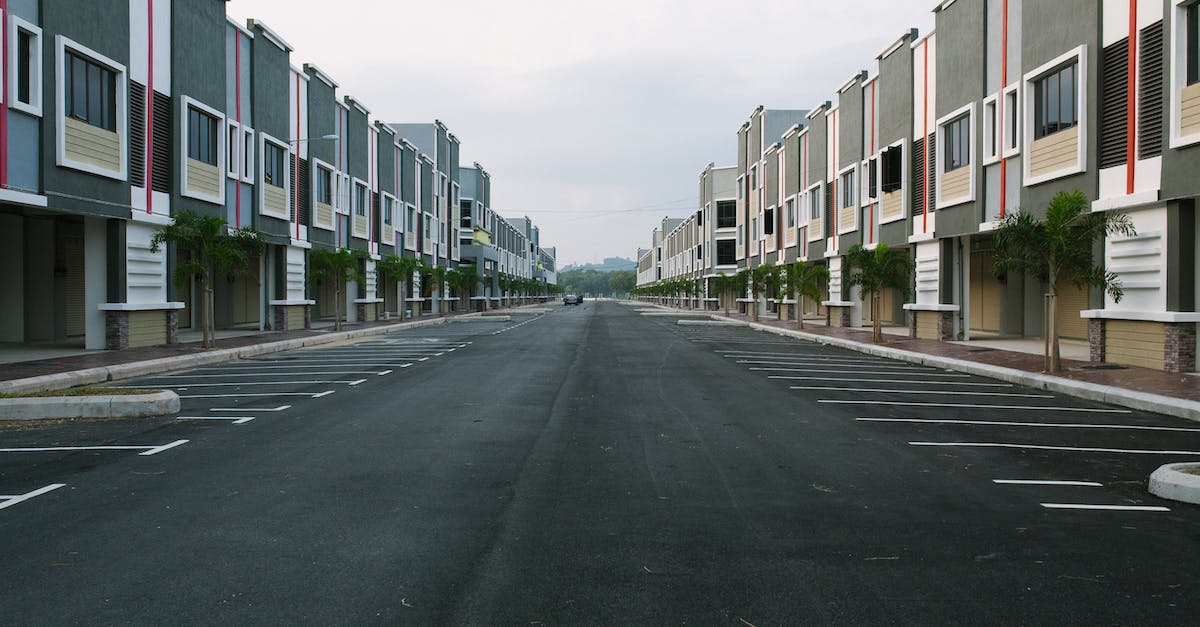Last Updated on October 24, 2023 by Neil Sharma
Toronto landlords with vacant units could enjoy as much as an 11% hike in rent next year.
That’s according to Rentals.ca’s National Rent Report, which only studied empty units and also forecasted that rents nationwide would increase 6% in 2019.
Get your CREW with code HOLIDAYS2018.
Ben Myers, president of Bullpen Research & Consulting Inc., notes that the breakdown in Toronto is pretty evenly split between purpose-built rental apartments, which skew older, and newer condominium rental units. He also says that Toronto chronically under-delivers the number of units needed every year, and it’s contributing to rising rents.
“There’s probably demand for about 25,000 new rental units a year, and we’re delivering somewhere in the neighbourhood of 2,000 new purpose-built rentals and 18,000 to 22,000 condo rentals,” he said, “which means we’re under-delivering by 3-5,000 units every year.”
The preference remains for newer, lavish units, which typify condo rentals.
“Renters like a higher level of finish and newer amenities, and some of the older buildings might be larger but they’re not providing the lifestyle some of these renters are looking for,” added Myers.
The preponderant reason for the double-digit market rental hike in Toronto has to do with the economics of purchasing a condo unit in the city. In downtown Toronto, investors are buying in at between $1,000 and $1,200 per square foot, and in order to stay cash flow positive they will need to increase rents considerably.
Of course, that’s compounded by a growth in the number of renters. Since the B-20 mortgage stress test was introduced in January, many people are precluded from homeownership. Making matters worse for would-be purchasers, Canada has officially entered a rising interest rate environment.
“It’s reducing credit availability in the market and people can’t afford the home they wanted, so people are choosing to rent longer to afford the home they want instead of the home they don’t want, and that they’d sell three to four years down the road,” said Myers.
Davelle Morrison, an investor-landlord and sales representative with Bosley Real Estate, says her biggest challenge in 2018 has been keeping up with the number of prospective tenants who contact her for rentals, whether her own or her clients’.
“There was a one-bedroom in Leslieville that had over 90 inquiries,” she said. “Another property, a two-bedroom condo at Yonge and Summerhill, had over 30 people show up at an open house. The challenge for landlords right now is keeping up with demand because so many people are looking.”
After Kathleen Wynne’s Liberal government, voted out of office earlier this year, introduced rent control, many landlords sold their units to end-user purchasers, and that flooded the marketplace with even more tenants looking for rentals, says Morrison.
“It’s good for landlords if they’re in a good neighbourhood,” she said. “They need to be in a downtown neighbourhood to command that demand. For landlords north of the 401, the demand isn’t quite as high, but the demand is high in the central core—Midtown, Leslieville, the West End.”
Neil Sharma is the Editor-In-Chief of Canadian Real Estate Wealth and Real Estate Professional. As a journalist, he has covered Canada’s housing market for the Toronto Star, Toronto Sun, National Post, and other publications, specializing in everything from market trends to mortgage and investment advice. He can be reached at neil@crewmedia.ca.









